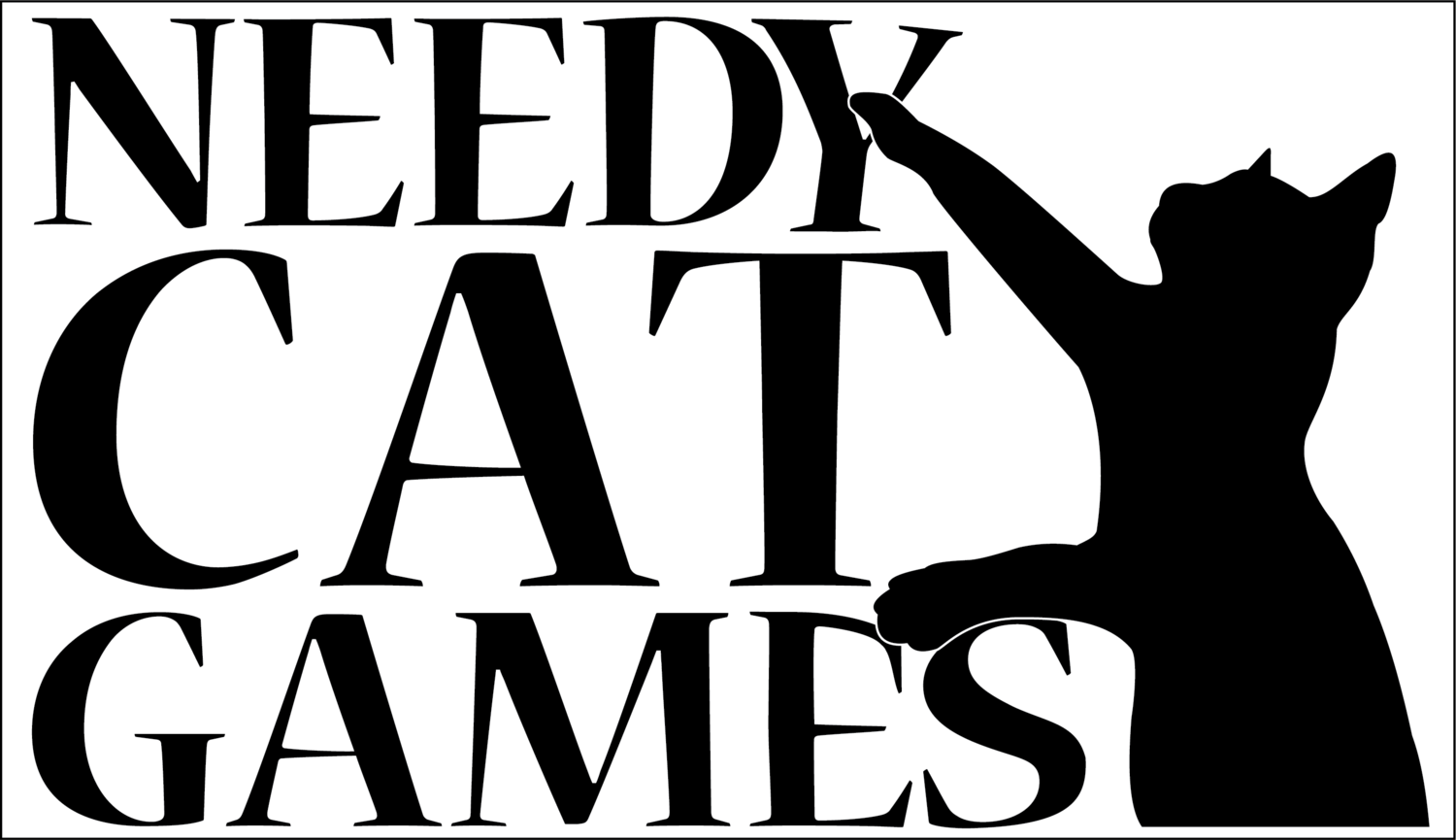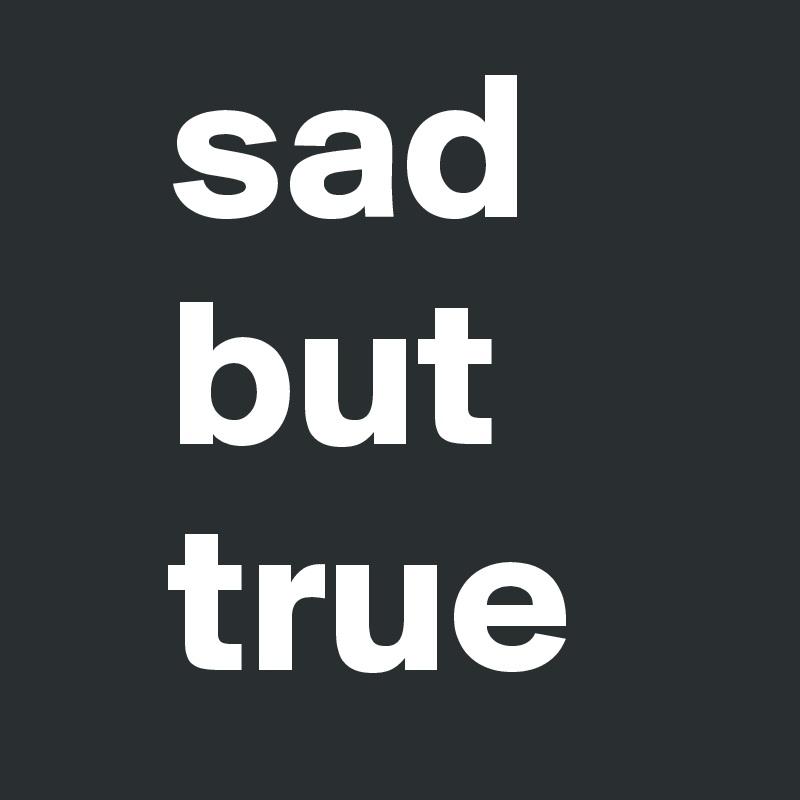This morning, I woke up to a bit of a, er, kerfuffle on Facebook. For anyone who didn’t see it, a UK games convention posted up a callout for a graphic designer to do some work for a local board games cafe, reworking their branding, menus, adverts and possibly even logo.
Then the second paragraph started with the dreaded words “Unfortunately, the budget is zero”.
Ah. Oof. I actually winced. It didn’t get any better as the paragraph went on, adding that they were after someone who wanted to take on the challenge in exchange for “heartfelt thanks, their designs in use [and] a session or two of free gaming”.
Oof again.
Now, in fairness, I’ve heard some rumblings that the board game cafe in question didn’t actually ask for the convention to post this up, and that the whole thing might be a tragic miscommunication thanks to someone who meant well but came across incredibly tone-deaf. That’s why I’m not linking to the actual post - hopefully this will get resolved without needlessly harming the reputation of a small business.
But whatever the case, whether this was intentional or not, it’s certainly not the first time I’ve seen companies putting up adverts like this! It got me thinking, and I realised I’ve got a lot of complex feelings about all this. A Facebook post didn’t seem sufficient, so here’s a little blog. I was originally thinking of posting it over at our old abandoned blog from our pre-Needy Cat days, but I actually think there might be some valuable lessons here, both for creatives who are looking to get their work noticed and build their portfolios, and for the people who are in a position to give them work. So yeah, this feels on-brand enough to go here!
The Ugly Truth
Okay, I’ll come out and say it.
A lot of the time, when you’re a creative person looking to break into an industry… you’re gonna need to do some work that doesn’t make you much money. And sometimes, yeah, you’ll end up doing some work for free. This sucks, but I think you’ll struggle to find many creative professionals who have never done it. I wish this wasn’t the case, but (in my experience, certainly, and that of pretty much everyone I’ve spoken to about it) that’s how it is.
I think anyone who sets out to be a professional creative person (artist, graphic designer, writer, game designer, sculptor, whatever) and says “I’m only going to do work if I get paid well, and that’s the end of it” is going to struggle to get a foothold. I know this both from my own experience, and from people I know who are incredibly talented but have little professional experience, and are constantly struggling to find work because they’ve set a price and they’re not going to drop below it.
BUT!
Before you go and start doing work left, right and centre in exchange for hugs, heartfelt thanks or (shudder) exposure… let me finish.
What are you getting out of it?
By “free work”, I mean you’re not getting paid money. But that doesn’t mean you should just be working for the fun of it! There are other things that you can get in exchange. Small businesses often ask for work because, hey, being a small business is tough, and sometimes you just haven’t got a few hundred pounds to pay for something you desperately need. Here at Needy Cat we’re dedicated to paying people a fair rate for any work they have done, and we urge other small businesses to do it - but we know that not everyone can afford this all the time, and it definitely hasn’t always been the case for us. However, there might well be other ways to proceed, where you can do some work in exchange for something which won’t cost them much, but will be invaluable to you.
I know several examples of “work in kind” agreements. Say there’s a game designer and a sculptor - the sculptor wants to get some rules written for a range of miniatures they’ve put together, and the game designer wants some pieces sculpted for a game they’re working on. They can scratch each other’s backs here, each figuring out a rate they’d usually ask for the work they’re doing, and counting the two projects against each other. Neither one’s getting paid, but they’re both making a saving and getting some free work. Mutual benefit, teamwork, everyone’s a winner! [EDIT 29/08/19 - Thanks to Dan Turner for pointing out that there are still some considerations to be made here: https://www.gov.uk/guidance/vat-part-exchanges-barters-and-set-offs#barter-transactions)]
That’s just one very specific example, though. Before you take on any free work, no matter who it’s for, you need to think about what makes it worth your time. Is there a service the client can offer you? Something that doesn’t cost them anything significant, but has value to you? If you’re designing a logo for a local band, you’d better be getting into their shows for free. If you’re helping out a garage with some rebranding, can they do you a “mates rates” deal on getting your car serviced?
…and what about exposure? That’s useful, right?
Right, okay. Now. Here’s where things get a bit complicated.
Sometimes, in very rare instances, you’ll find value in doing some work for free because it gets your name out there. But for the love of Kallax, think carefully about this, and only do it when there’s a real, tangible benefit for you.
Some things to consider before you even start thinking this is a good idea:
Will this lead to you legitimately helping you establish a name / a brand?
Do they have an audience that has a) the reach and b) a real interest in what you’re doing?
Will they definitely give you sufficient promotion - you, as a creator, not just the stuff you’ve made?
Do you know them and trust them?
In most cases, the answer is going to be no. The internet is full of people asking creatives and small businesses to do work or offer freebies in exchange for exposure. “Let me eat at your restaurant for free and I’ll share it with all my followers,” or “design my new logo and it’ll be on all my posts.” If they’re an established content creator with a massive following that could legitimately lead to more work for you, you know them well enough that you trust they’ll credit you properly, and you think they might open some other doors for you… well, yeah, that might be worth considering. But otherwise, steer well clear. And really, how often is that going to be the case?
The easier path
The safest way to approach free work is to avoid companies that are advertising free work, and instead only do it on your own terms. When a company advertises a piece of work and says something like “well, we haven’t got a budget for it”, that can mean a number of things. Yeah, they might legitimately be a small business that can’t afford it, but they might also be a business that doesn’t think the work is valuable enough to pay for. If that’s the case, they probably won’t value the person doing the work either, and you’re likely to have a rotten time all around. (Also, doing work for a business like this risks confirming their ideas that creative work comes for free, and that just hurts everyone.)
So, if you really want to get your name out there and do a bit of free work to build your portfolio and get your name out there, consider taking matters into your own hands.
For example, you could offer your services to non-professionals for free. This could be proofreading game rules or written work for amateur designers and writers, or offering character sketches in online D&D forums, creating logos for local meetup groups, or anything else like that. Ask them to credit you if they share your work, and recommend you to others if they like what you do.
Alternatively, you could approach small businesses that you like, and who you’d like to build a relationship, and ask if they have any work you could help out with. Make sure you impose some limits up-front - “I’ve got a couple of weeks free,” or “hey, while your Kickstarter’s running…”. Let them know that you’re not looking to work for them for free forever, but that you’re keen to get a foot in the door and help them out in order to show what you can do.
This is actually how I got properly started in the tabletop games industry, so I really appreciate the value of it. I’d been working on DreadBall for Mantic Games as a freelancer, and during the run-up to the game’s Kickstarter campaign I spent a lot of time answering comments online. I approached them and asked if they’d mind me doing it in a semi-official capacity; they were, of course, more than happy for me to do it. Sure enough, they liked what I did, and it led to me getting a job as their Community Manager. (It wasn’t the job I’d really hoped for, but it was absolutely invaluable as it let me make a name for myself and forge a load of incredibly useful connections.) I’m not saying that’s something that’s going to happen in every case - like most successful creative people, I’m painfully aware of how much luck is involved in being successful - but I do know other people who’ve found work in similar ways. Small companies love working with people they know they can trust, and an offer of (short term, limited) free work is a great way to establish a rapport.
Phew. There we go. This turned into a bit of a monster post. I’m sure there will be things in here that people won’t agree with, but I’ve tried my best to be honest and truthful. Getting work in a creative industry is hard work, and there are loads of people looking to exploit naive newcomers. One good way to dodge this is to seek out other newcomers to the profession and stay in touch - swap tips, leads and horror stories. That way, you’re also more likely to find actual paid work, which is just better overall. (This is one of the reasons we love running the Nottingham Tabletop Industry Collective - it provides a space for newcomers to do just this.)
Plug time: if this has been an informative read and you’d like to hear more professional tips from us, why not come along to our three-part workshop series, An Introduction to Tabletop Game Design. If you go back a couple of blog posts, you’ll even find a 10% discount code that’s good until the end of August!
Right. I need to go and do some actual work. Thanks for reading, and please let me know your thoughts in the comments!





